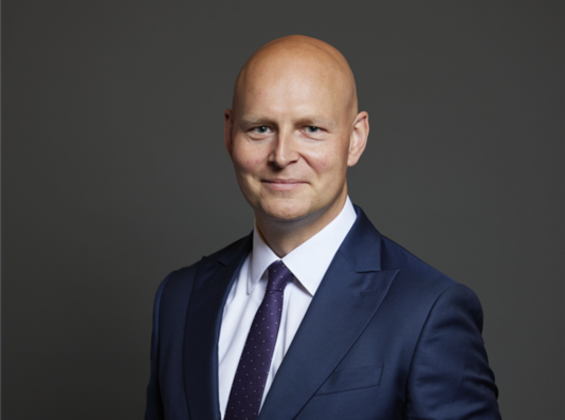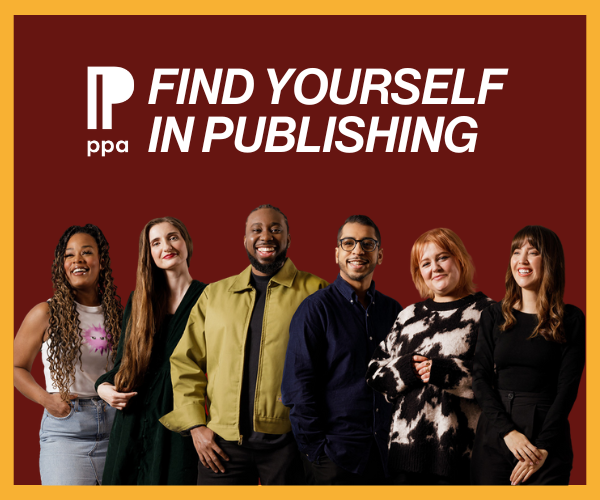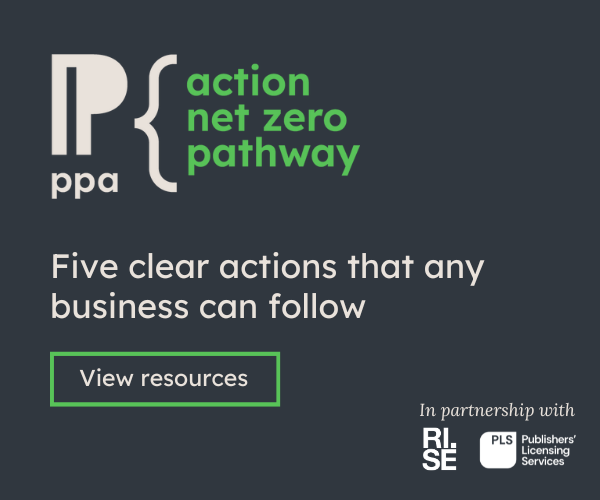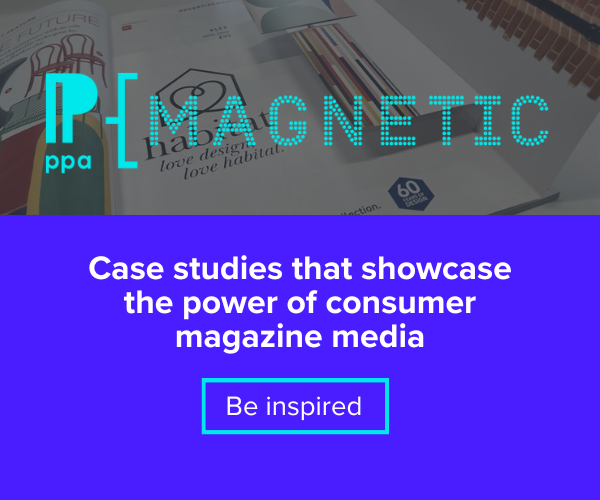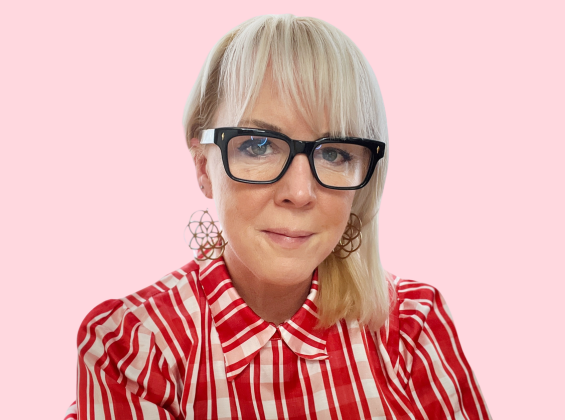Chart your career from the start to now.
I didn’t consciously choose a career in subscriptions marketing; I studied Retail Management at university. I fell into it having worked as an admin/marketing assistant for Riley’s American Pool and Snooker clubs whilst at university. I was responsible for club membership renewals and student acquisition campaigns. Little did I know that this would be the grounding for my entire future professional career.
Even when I left university, I was convinced my career would be in retail. I took what I thought would be a stopgap subscriptions assistant job at BBC Worldwide whilst working through the graduate assessment centres with a couple of big retailers. 20+ years later I’m still here and have had the privilege of working on most of the UK’s greatest magazine brands.
Without a shadow of a doubt, I had the best time at BBC Worldwide, I think this was why it was so hard to consider leaving when the crunch came, and I had to decide between entering a graduate scheme with a retailer or stay at BBC. I’m so pleased I opted to stay at BBC. It’s where my career really started and 20+ years later, I am still doing the job I love in the industry I love. I’ve met and worked with some exceptional people along the way. I’ve made life-long friends along the way too; I feel very blessed to have experienced this in my career.
After nearly 7 years at BBC, I joined Hearst. Hearst were amazingly supportive as I was a first-time mum at this point, allowing great flexibility. I’m very appreciative and fond of Hearst and let’s be fair, they have marvellous brands too!
I took a slightly different move after just under 3 years at Hearst, joining TSL Education. The timing was perfect, I had a daughter who would be entering school and I was keen to get a different perspective. TSL is private equity owned and a sort of B2B. I had my 2nd daughter whilst at TSL but after 5.5 years I was missing the glamour and glitz of the lifestyle so was delighted to be offered the opportunity to go back to working with a familiar BBC title, albeit under a different publisher; I joined Bauer in 2014.
After Bauer, in early 2018 I did a little stint with The Spectator, I love having this on my CV as it’s an excellent publication, and that brings us up to present day. I joined New Scientist in June 2018 and I can honestly say I have the best job ever.
You’ve been at the New Scientist for almost 4 years, what has it been like working for a science publication in a time when there has been such focus on trusted scientific content?
A privilege. And for me personally it has been very comforting to be surrounded by clever, smart, informed, and rational people at a time when the world was losing its head. Our editorial team are simply outstanding, they work tirelessly, they strive for truth, and they are trusted and quite simply brilliant.
I would not have wanted to be anywhere else these past few years. Especially living through a pandemic, our editorial team were at the forefront, when it felt like rest of world was catching up. I felt well-informed and it became my family’s go to publication during this time of crisis.
It’s been an astonishing few years; New Scientist continues to go from strength to strength. We’ve grown exponentially, our ambition knows no bounds. We will become the number one science media brand in the world, of this I have no doubt. To be a crew member on this journey is without doubt one of the absolute highlights of my career. I cannot wait to see what the future holds for us.
As marketing director, what is the best way to understand the wants and needs of your audience?
This is cliched but it’s all about the data. You must know the problem you are trying to solve and what it is you are trying to achieve and then use the data at your disposal. We have a tendency to become focused on the questions we can’t answer with our data rather than what we can answer or infer from what we have. Switching the mindset from ‘we can’t because…’ to ‘we can if…’ means you will get so much more from what appears to be disjointed and fragmented.
Ask your customers what they want. I think we too can be fixated on needing expensive research projects when you have an audience at various stages of the lifecycle with you, you should simply ask them. Our Customer Experience team have short surveys at various stages of the customer journey to help inform and shape our strategy, this has been invaluable in shaping not only our product offering but our pricing and added value options too.
What has been a career highlight?
I’ve always been ambitious, wanting a seat at the top table. To realise this dream has been quite extraordinary. To be given the opportunity to be a guardian of New Scientist is my career highlight.
I am incredibly lucky to work with an exceptional leadership team on a brand with outstanding people. I am immensely proud to have played a part in leading and navigating the business through the pandemic, a sale, and the integration in to DMGT, without missing a beat. It’s hugely satisfying to see how much the business has changed since I first joined and to have shared its many successes along the way. New Scientist will also hold a special place in my heart, just as the BBC still does from all those years ago.
How has the world of magazine media marketing changed in the last 5 years? How do you think it will change in the next 5 years?
I have seen a huge shift to direct marketing over the years with most marketing being offer driven or action orientated; marketers focusing their efforts on conversion and optimisation of digital marketing channels with very little upper funnel brand awareness or audience development marketing. Content is our shop window and so data driven optimisation has been the be all and end all for some time. However, it is becoming more and more difficult to cut through the digital noise, there’s so much going on brands get lost making it difficult and expensive to get in front of prospects let alone get them to act. Something must change.
I see a future where our marketing must go up and out, a shift away from conversion focused tactics. We must build and nurture relationships with our prospective customers outside our core channels. We’re going to have to place more focus and spend on upper funnel activity, pivoting to brand building and audience development across multiple channels. We will have greater concentration on the principles of connect, engage, convert, and retain.
I also see the resurrection of some of the older direct marketing tactics, direct mail for example enables brands to cut through the digital noise and really showcase content.
What’s on your radar?
There are two things keeping me awake at night; firstly, the challenges my peers, colleagues and I are experiencing in recruiting marketing talent into our industry. We live in a subscriptions economy, but we do not seek, grow, and nurture raw marketing talent into our industry. I speak with peers regularly and we have been experiencing this for some time. I think it is up to us collectively to make this our responsibility.
The second thing keeping me awake at night is the exponential increase in the cost of living and the unavoidable impact this will have on many many people and businesses.
What magazine do you stockpile?
In paper format it’s just New Scientist I’m afraid, I feel terribly guilty if I see physical magazines piling up, so my subscriptions are app or newsletter based. I fear I will sound terribly boring, but I really enjoy The FT and The Telegraph, both excellent quality content and app user experience. In the morning The Week newsletter informs me of 10 things I need to know. I do however stockpile books, I buy regularly as part of my weekly shop or on one of my frequent visits to Waterstones. Last week I bought Charles Darwin’s Origin of Species and Greenwich Park by Katherine Faulkner.
